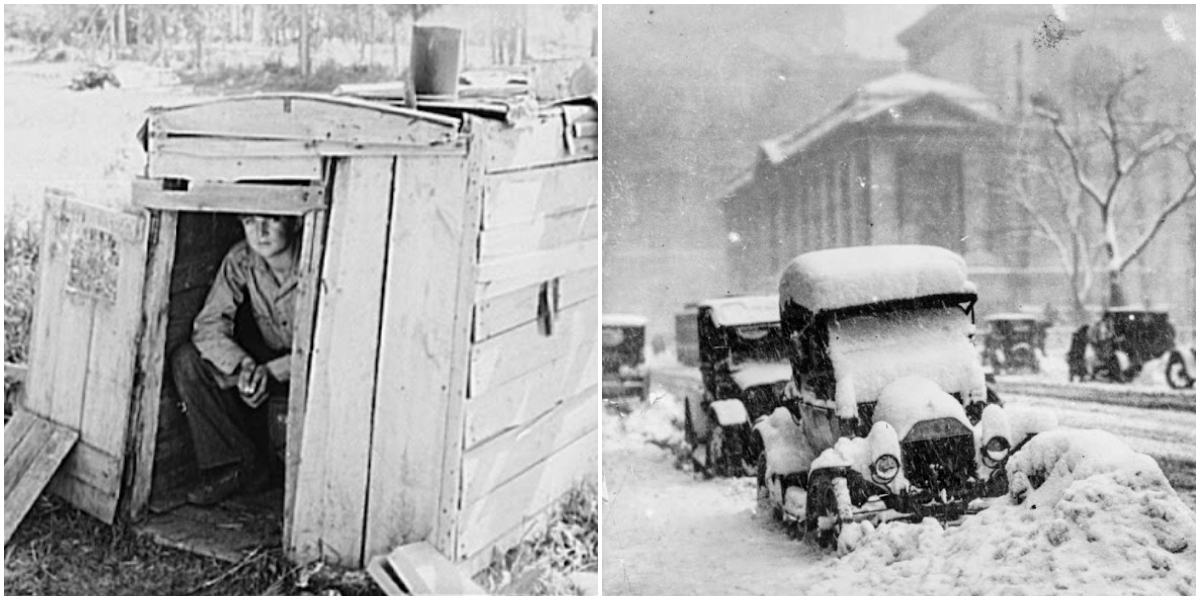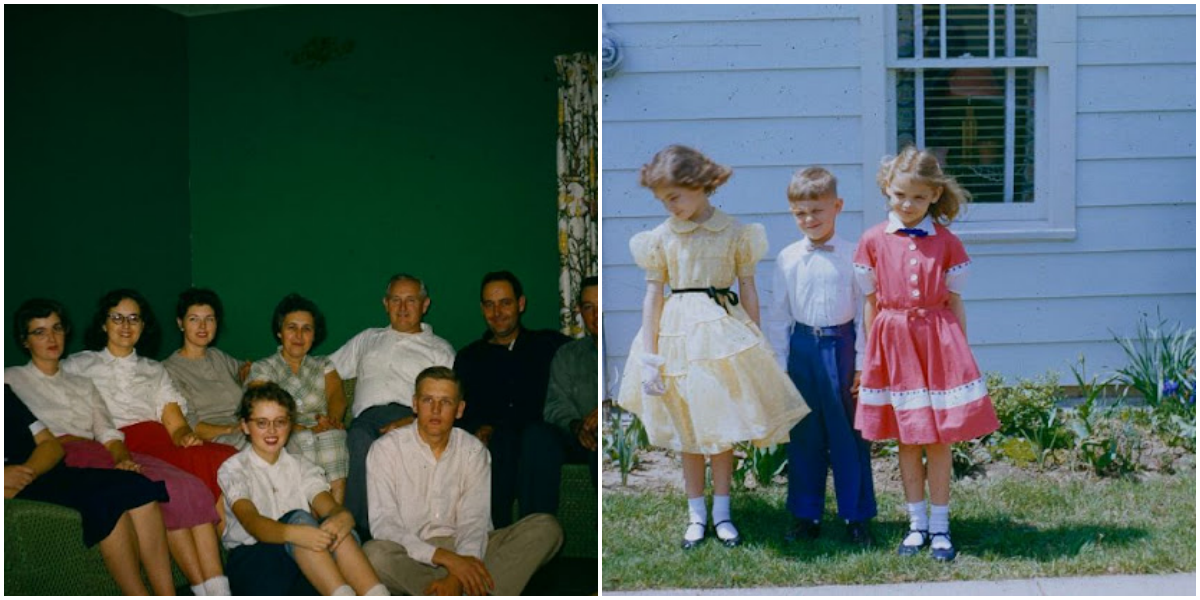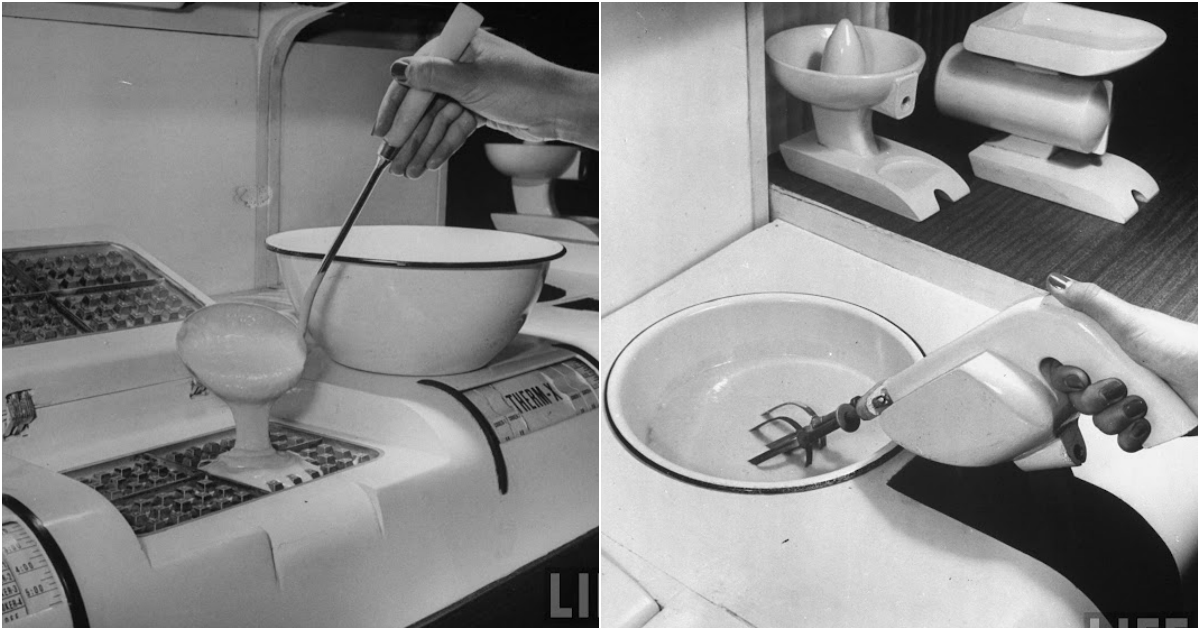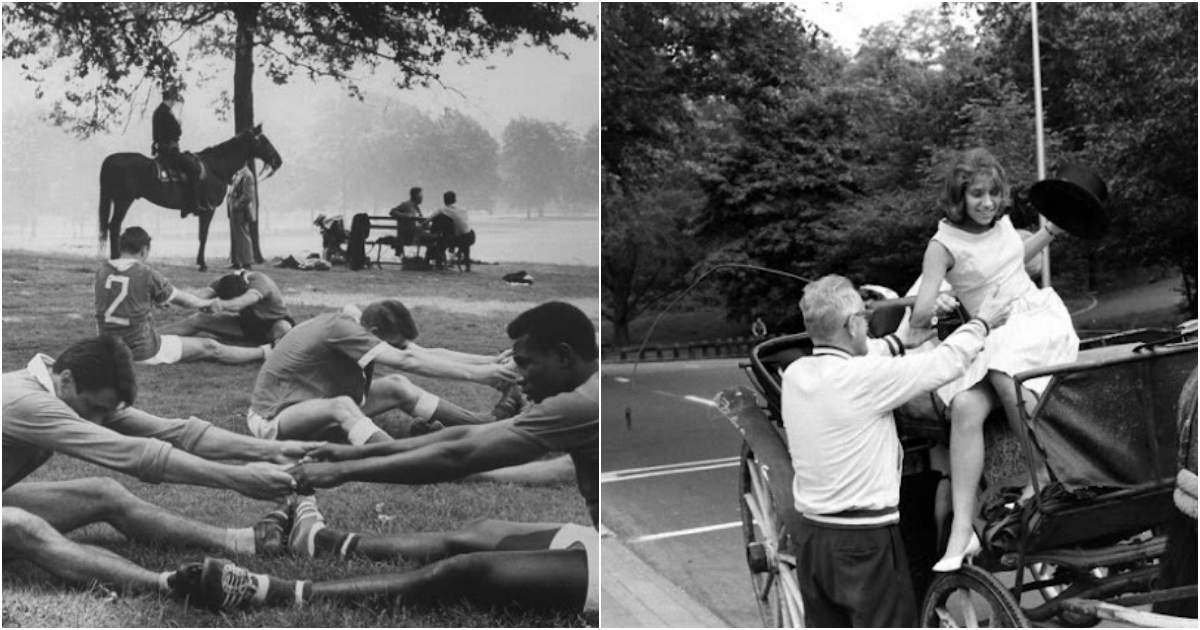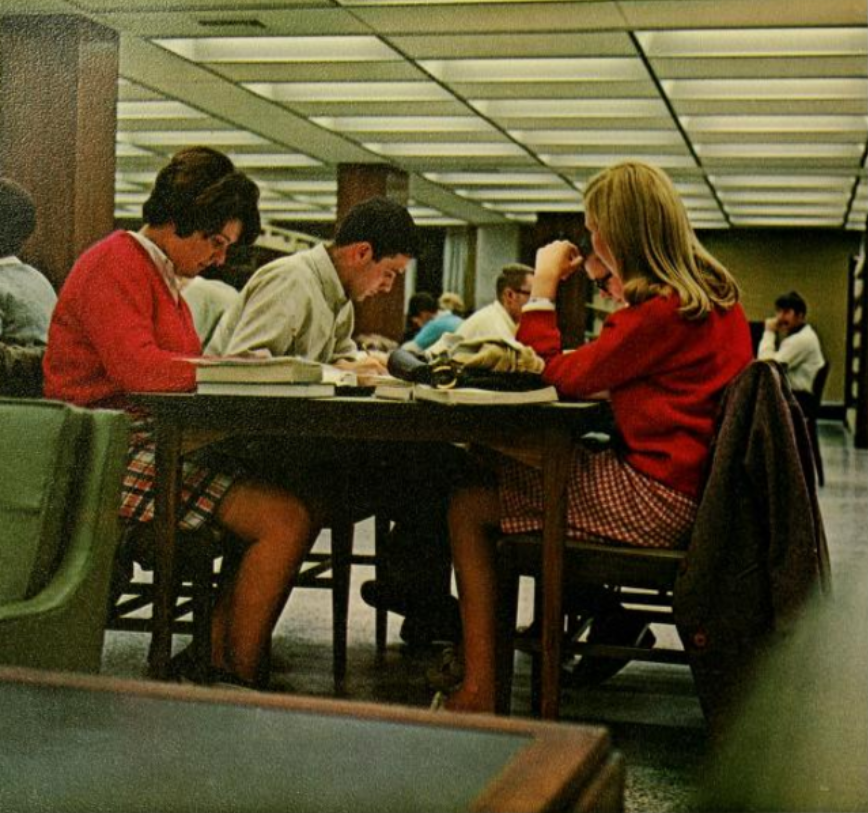
The 1970s in America marked a period of remarkable social and cultural change, with high schools serving as microcosms of the shifting values and attitudes of the time.
Through a collection of vintage photos, this article provides a vivid glimpse into the fashion, activities, and generational shifts that defined the high school experience of this transformative era.
Fashion played a crucial role in the lives of high school students during this decade. It was a time of experimentation and self-expression, as young people sought to break free from the constraints of previous generations.
Bell-bottom pants, wide collars, and platform shoes became iconic symbols of the era. Girls embraced flowing maxi skirts, peasant blouses, and floral prints, exuding a bohemian spirit.
Boys sported long hair, often paired with mustaches or beards, reflecting the countercultural influences of the time.
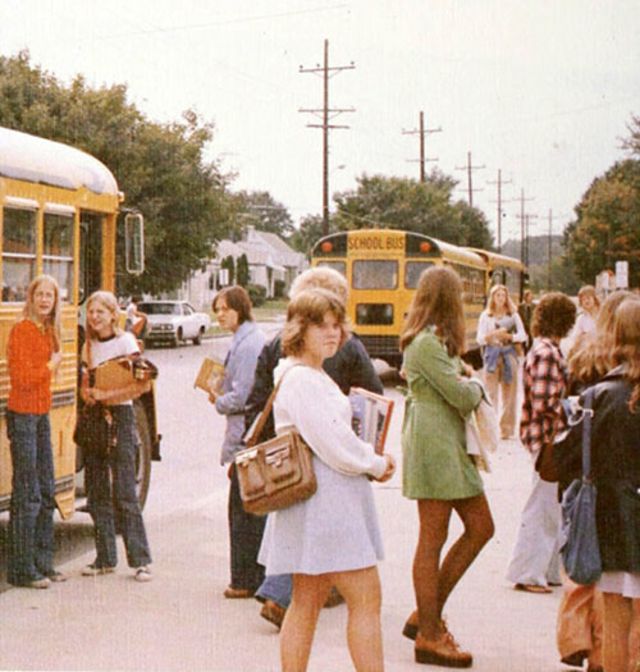 High school activities in the 1970s reflected the passion, creativity, and social consciousness of the era’s youth.
High school activities in the 1970s reflected the passion, creativity, and social consciousness of the era’s youth.
Sports continued to be a significant part of school life, with football, basketball, and baseball remaining popular choices.
Cheerleading squads added to the excitement of sporting events, bringing their infectious enthusiasm and spirit to the sidelines.
Beyond athletics, high school students of the 1970s were deeply engaged in social and political issues. Inspired by the civil rights movement, the feminist movement, and opposition to the Vietnam War, students organized protests, demonstrations, and walkouts, demanding change and voicing their concerns.
They sought to challenge the status quo, fighting for causes such as racial equality, women’s rights, and environmental awareness.
 The cultural landscape of this fast decade extended to the realm of music, with rock, folk, and disco serving as anthems for the youth.
The cultural landscape of this fast decade extended to the realm of music, with rock, folk, and disco serving as anthems for the youth.
High school bands emerged, providing platforms for aspiring musicians to showcase their talents. Concerts and performances were held, allowing students to come together and revel in the shared experience of music and its power to unite.
What set the high school experience of the 1970s apart was the generational shift that took place. The youth of this era celebrated individualism and personal freedom, rejecting conformity and challenging established institutions. They embraced a more inclusive and diverse society, advocating for equality and social justice.
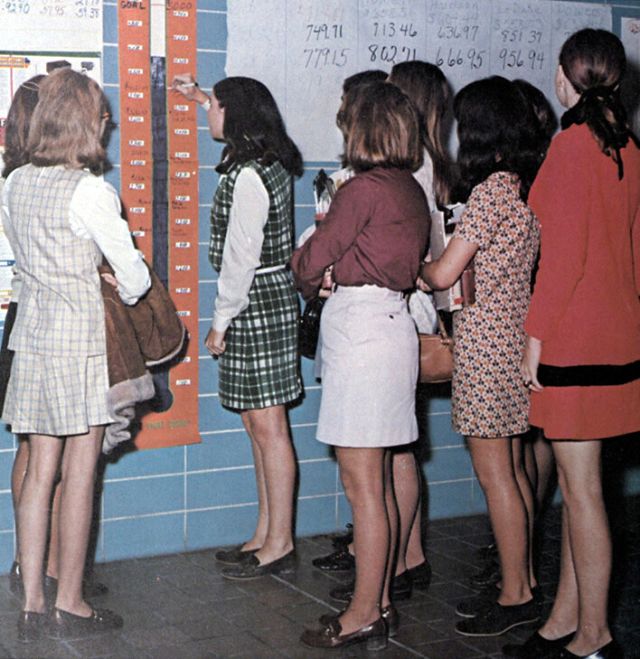 The core subjects taught in high schools during the 1970s remained consistent with previous decades and included English, mathematics, science, social studies (which encompassed history, geography, and civics), and physical education. These subjects formed the foundation of the curriculum and were required for graduation.
The core subjects taught in high schools during the 1970s remained consistent with previous decades and included English, mathematics, science, social studies (which encompassed history, geography, and civics), and physical education. These subjects formed the foundation of the curriculum and were required for graduation.
However, there were some notable differences and additions to the curriculum in the 1970s. One significant change was the introduction of more elective courses, allowing students to explore areas of personal interest beyond the traditional core subjects.
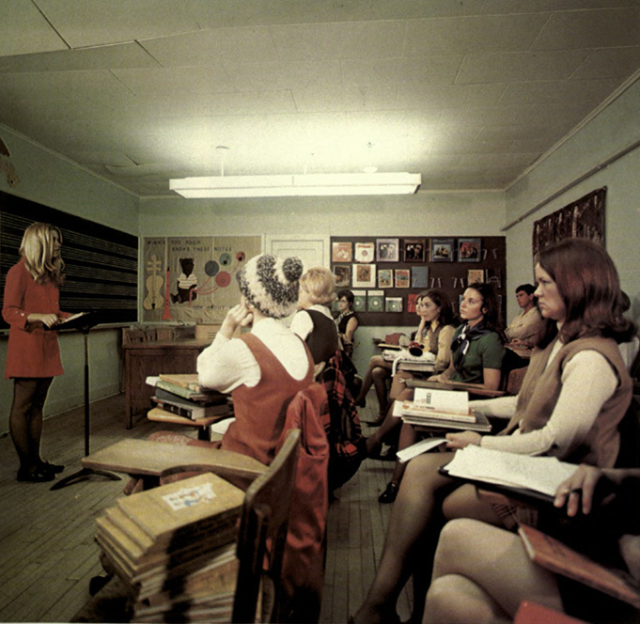 The inclusion of vocational education and career-oriented courses increased in popularity during this decade High schools started to offer programs that focused on practical skills and career preparation, providing students with alternatives to the traditional college-bound curriculum.
The inclusion of vocational education and career-oriented courses increased in popularity during this decade High schools started to offer programs that focused on practical skills and career preparation, providing students with alternatives to the traditional college-bound curriculum.
Vocational courses covered areas such as automotive repair, cosmetology, electronics, and computer programming, allowing students to gain practical skills for future employment.
Another significant change was the increasing emphasis on social sciences and interdisciplinary studies. The 1970s saw a rise in the integration of subjects like sociology, psychology, and anthropology into the curriculum.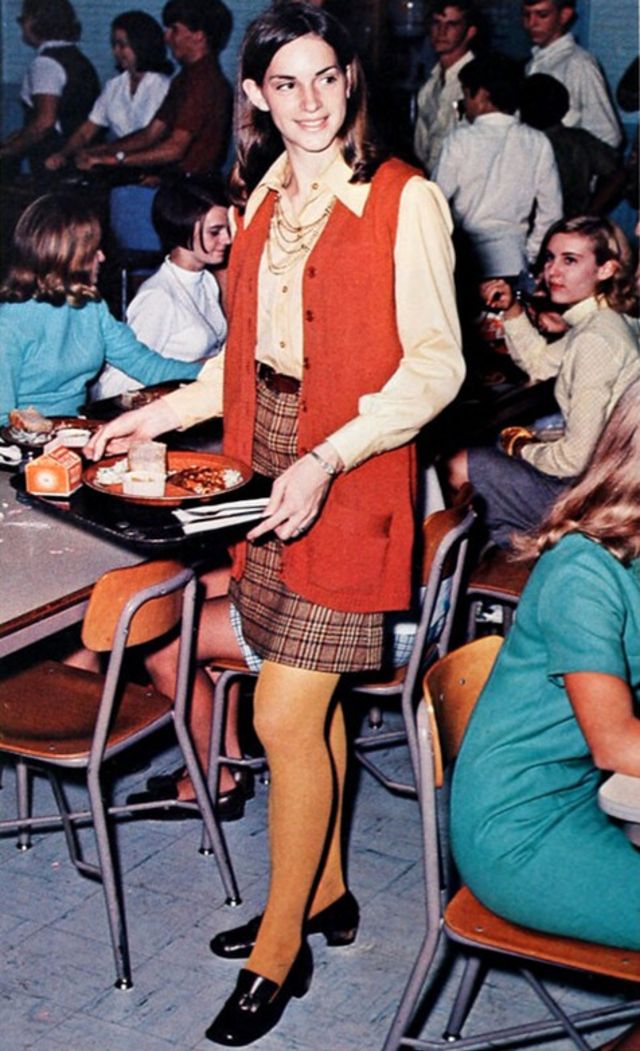
High School in the 1970s
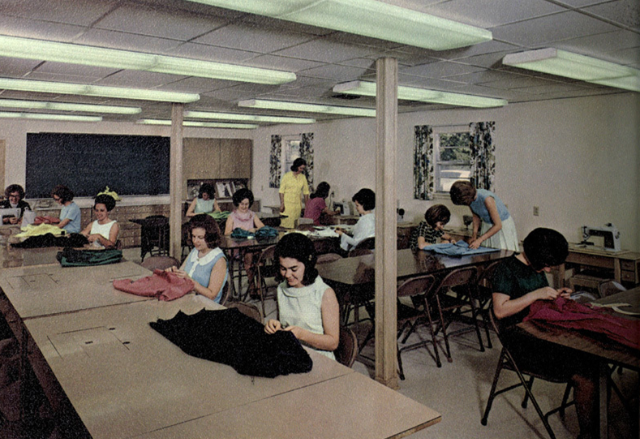
High School in the 1970s
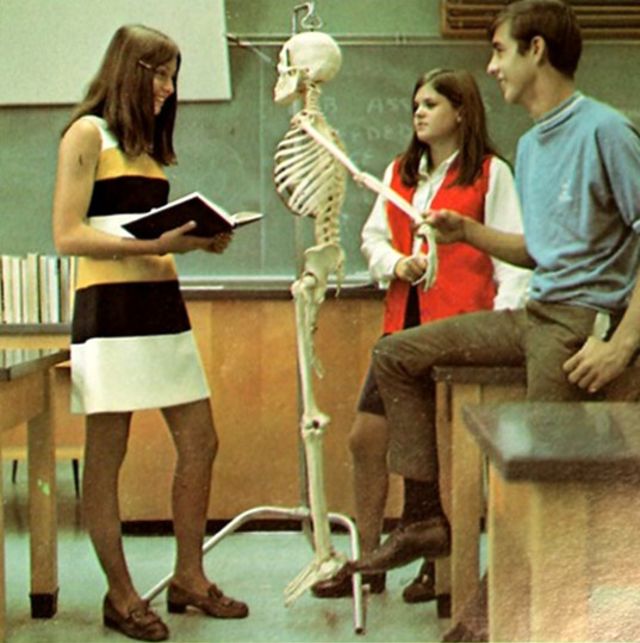
High School in the 1970s

High School in the 1970s
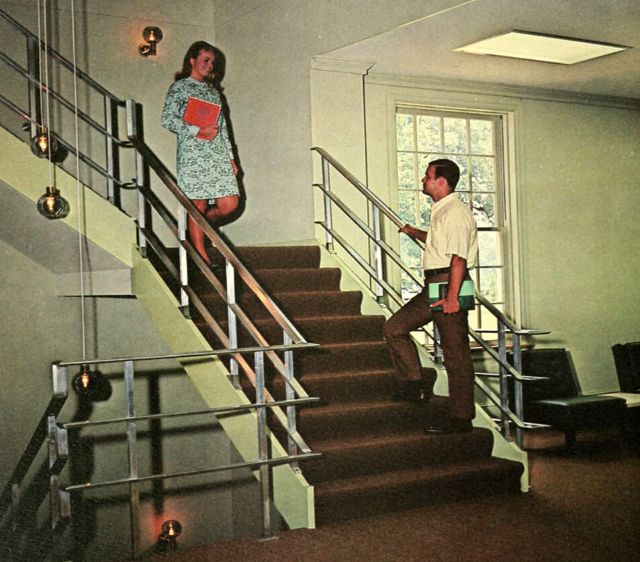
High School in the 1970s
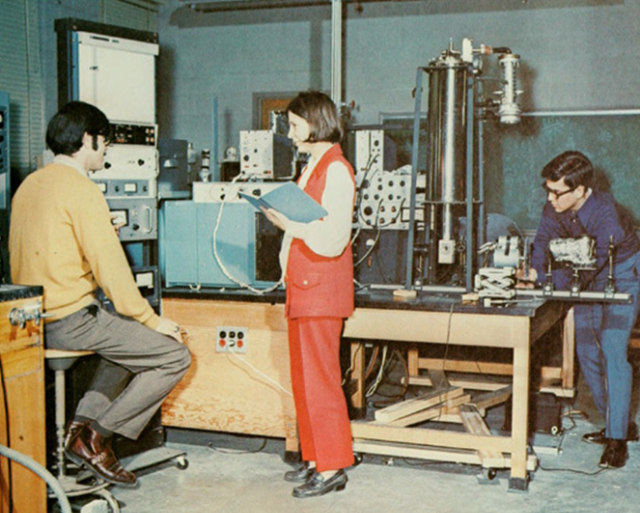
High School in the 1970s
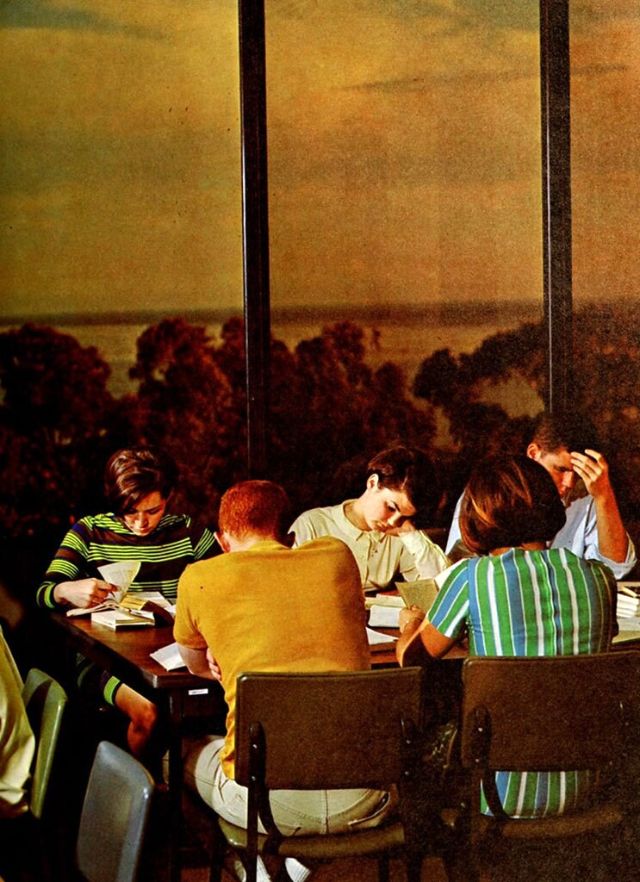
High School in the 1970s
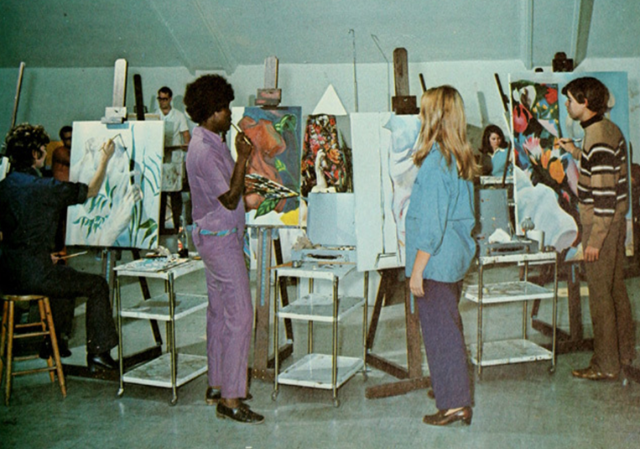
High School in the 1970s
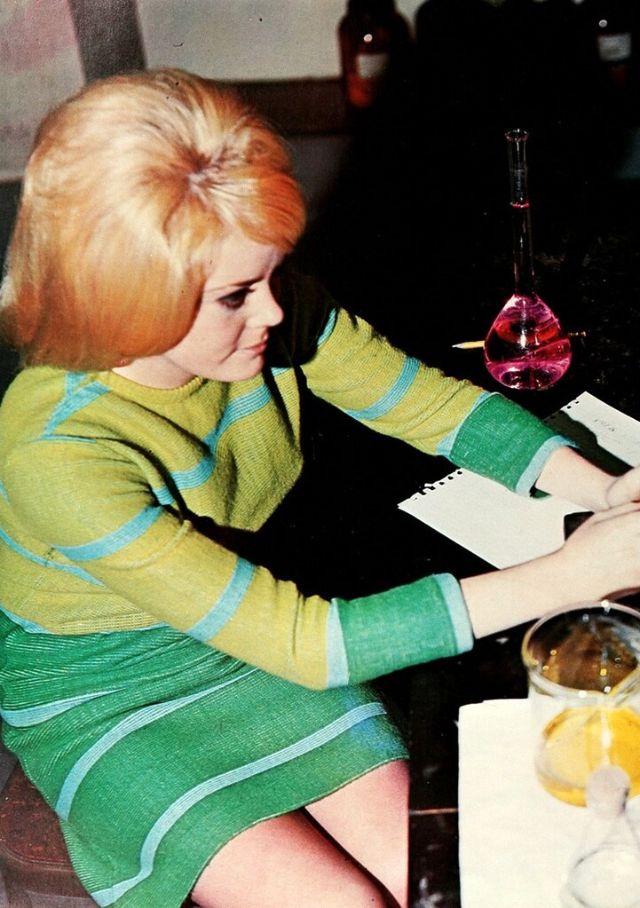
High School in the 1970s
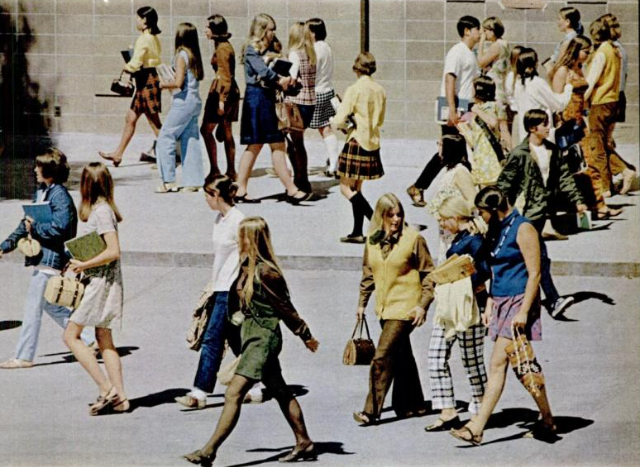
High School in the 1970s
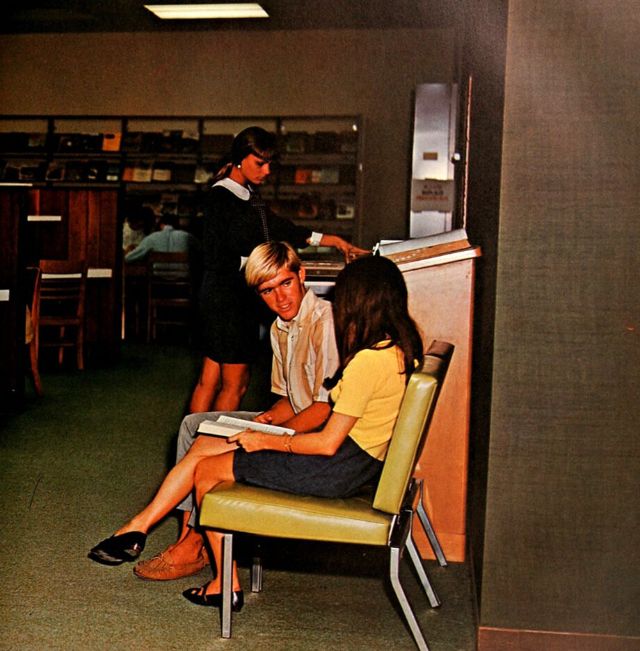
High School in the 1970s
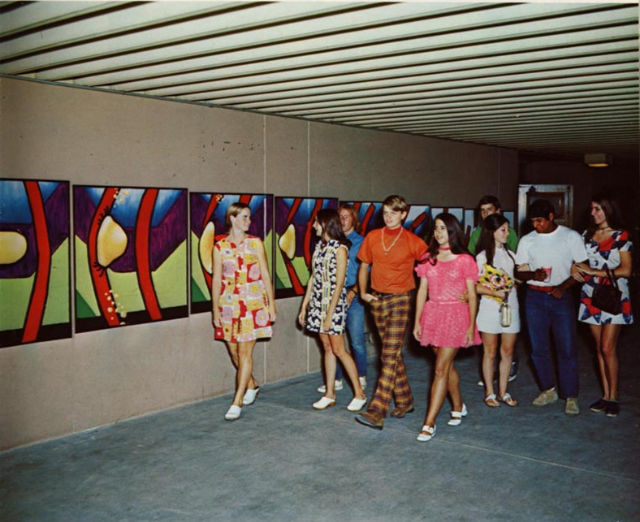
High School in the 1970s

High School in the 1970s

High School in the 1970s

High School in the 1970s
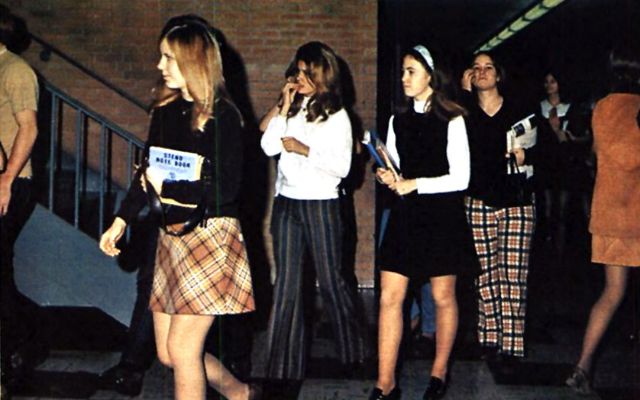
High School in the 1970s

High School in the 1970s

High School in the 1970s

High School in the 1970s
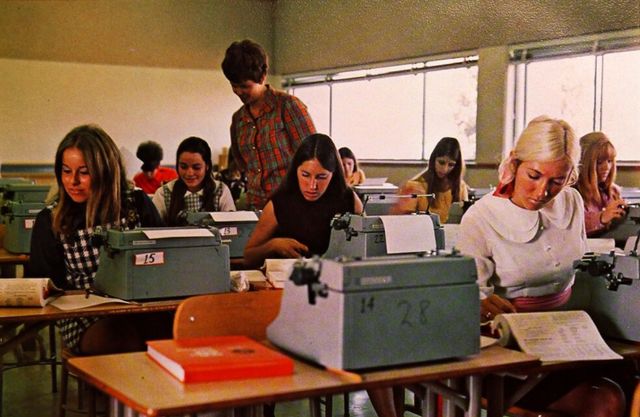
High School in the 1970s
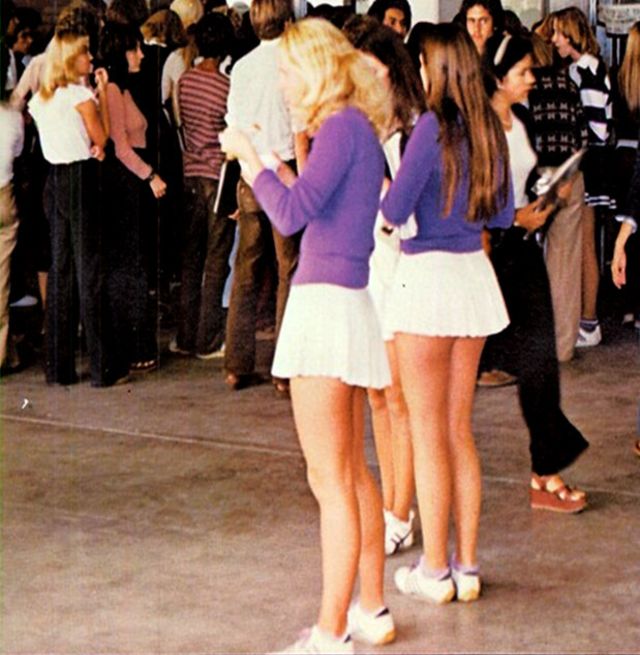
High School in the 1970s

High School in the 1970s
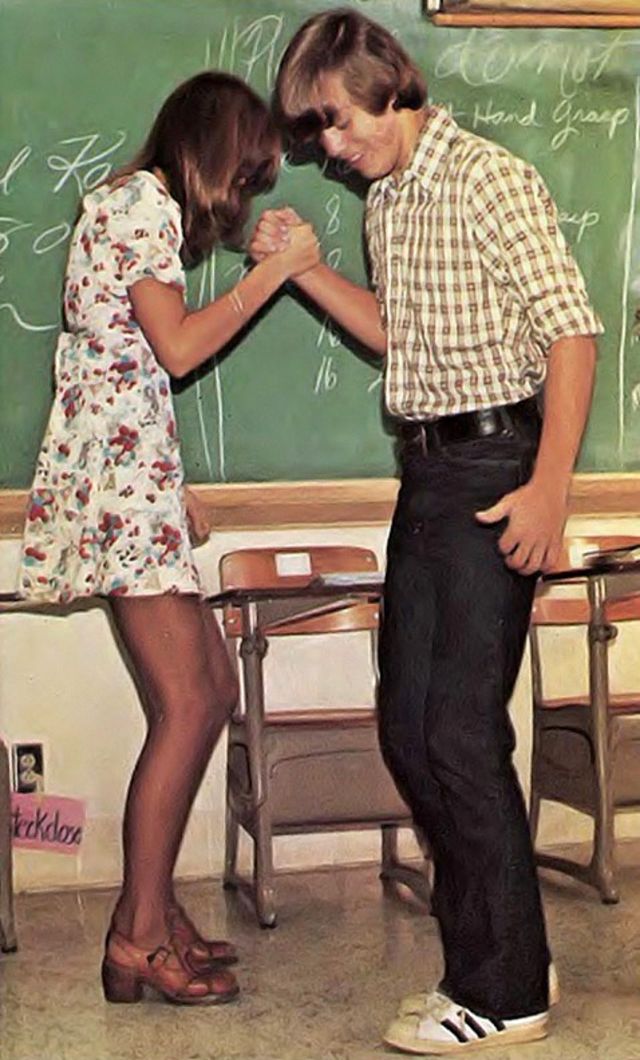
High School in the 1970s

High School in the 1970s
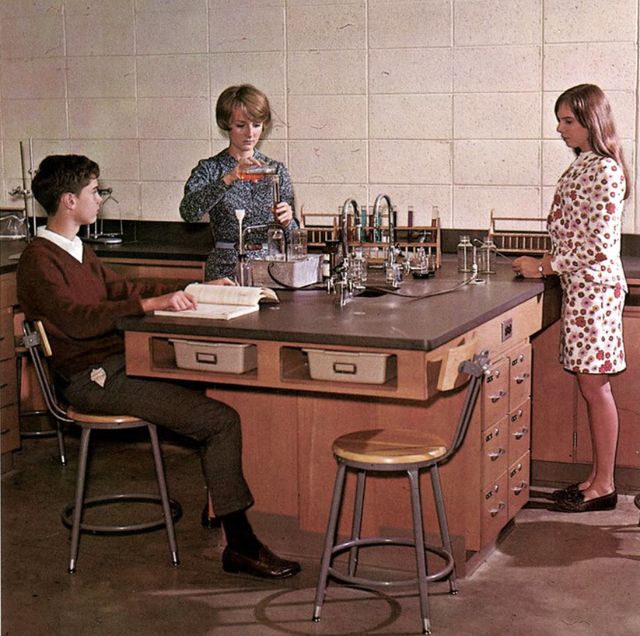
High School in the 1970s

High School in the 1970s
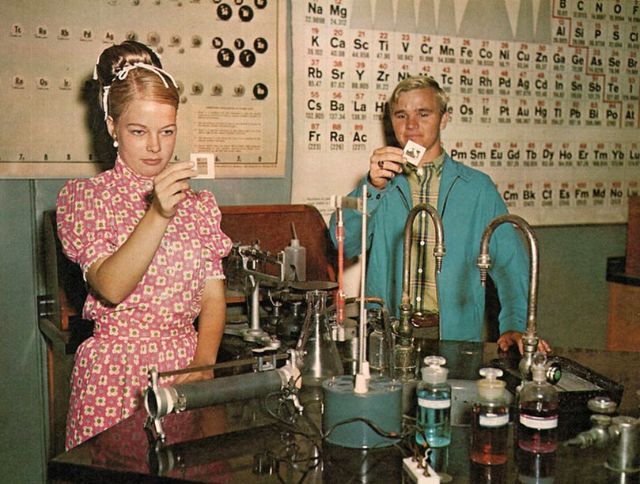
High School in the 1970s
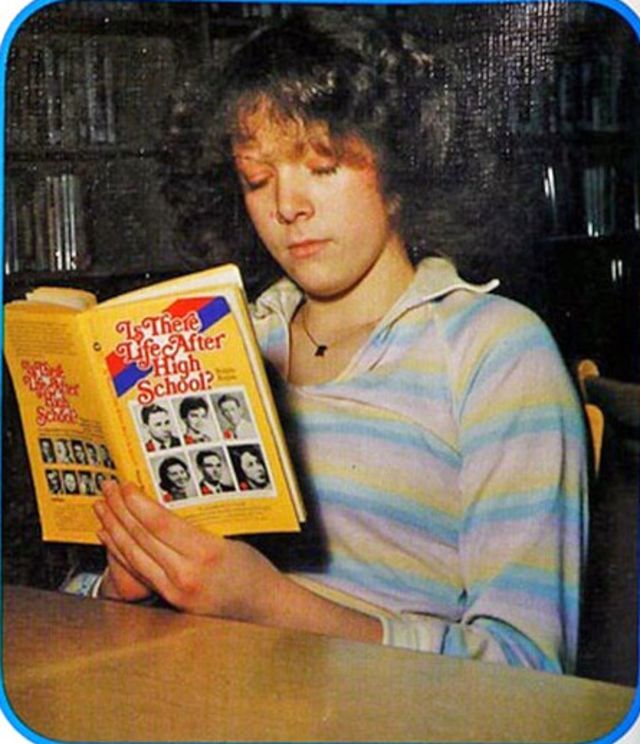
High School in the 1970s
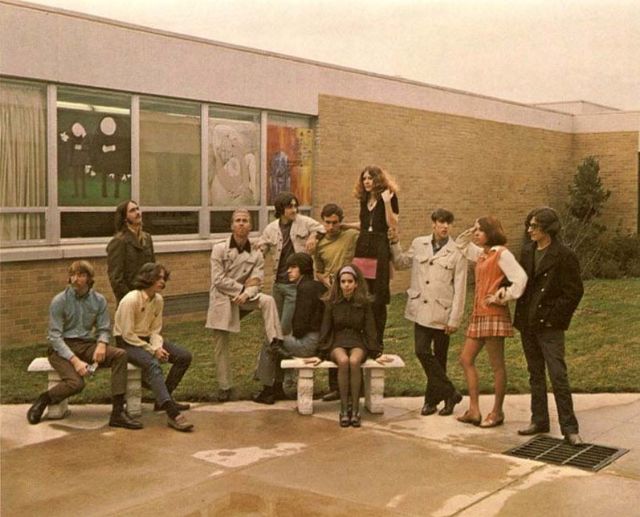
High School in the 1970s
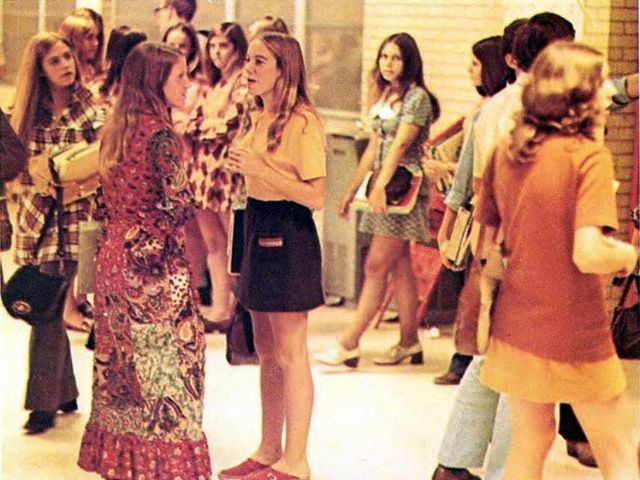
High School in the 1970s
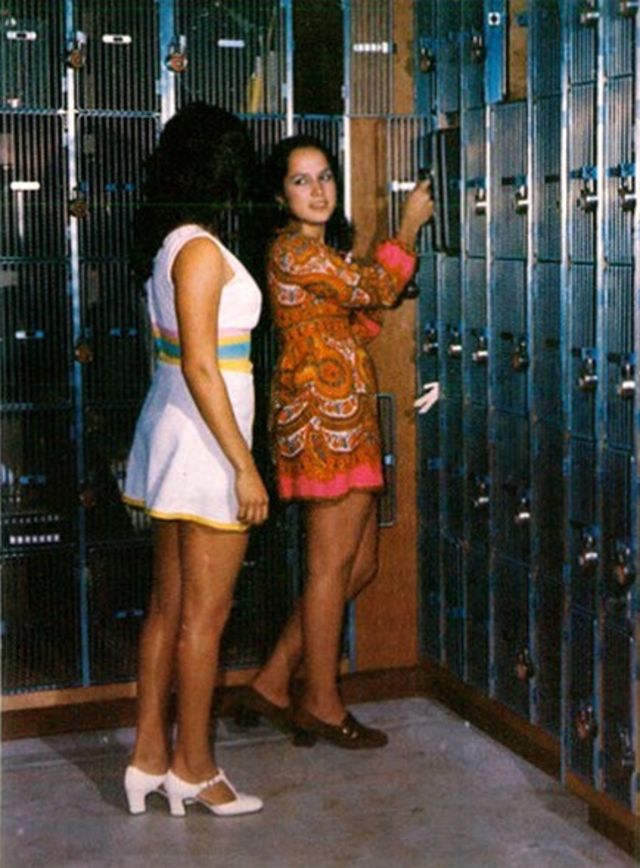
High School in the 1970s
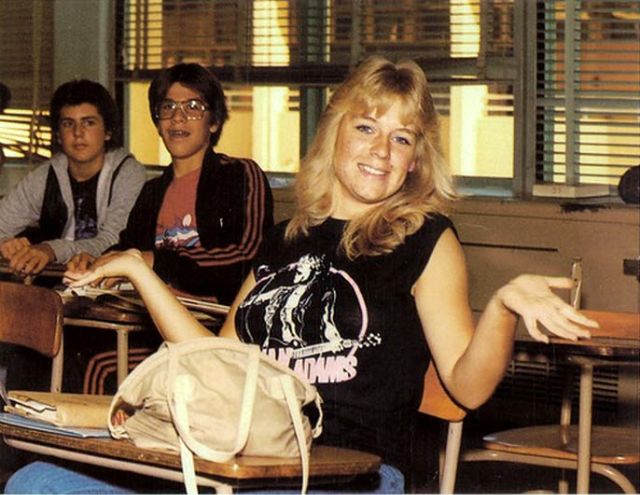
High School in the 1970s
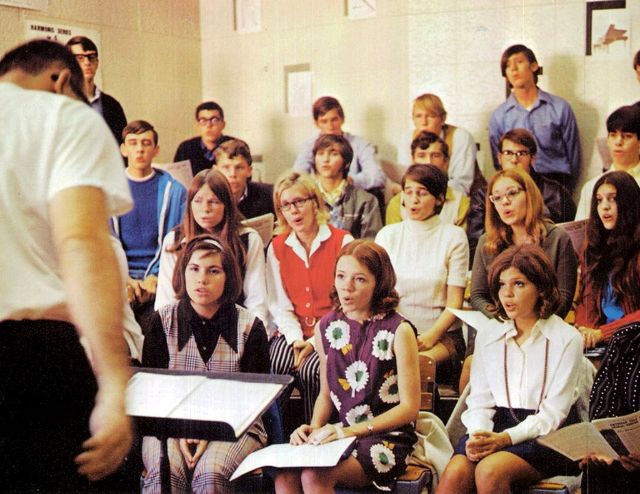
High School in the 1970s

High School in the 1970s
